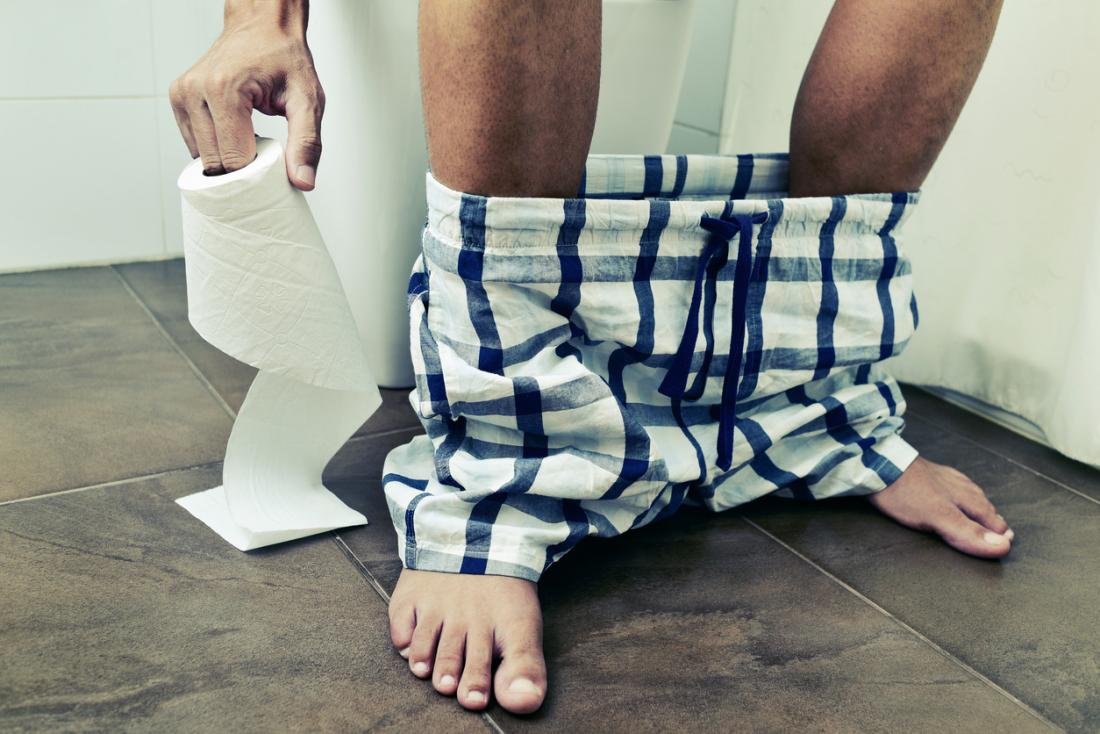Intestinal habits say a lot about our health and how well our body is working. What is normal and what is not?

Although it can be embarrassing to talk about bowel movements, they can offer us valuable clues about what is happening in the body. Today we show you the answers to some questions related to pooping that you probably find it too embarrassing to do them yourself.
How many times a day is it normal?
In this case, what is normal for one person may not be normal for another. A 2010 study published in the Journal of Scandinavian Gastroenterology found that 98% of its participants went to the bathroom between 3 times a week or even 3 times a day (after each meal practically).
There is not a correct number for everyone, since most people have their own routine to go to the bathroom the same number of times a day and during the same time. Deviating significantly from the regular pattern can be considered healthy, but it also indicates the development of a stomach or intestinal problem.
What factors affect the frequency with which we poop?
The frequency with which a person goes to the bathroom can vary greatly and depends on a variety of factors including:
Fluid intake
Because the large intestine absorbs excess water, not enough fluids can harden the poop and make it harder to remove.
Fiber is an essential substance for healthy evacuations
Age
The constipation is often associated with aging, it causes the intestines slow down, so the poop does not go so fast. In addition, an older person is more likely to take medications that may interfere with their usual bowel habits.
Physical activity
Staying active helps the colon work better and moves stool through the intestines more. When someone experiences constipation or slow digestion, going for a walk or running can help you move more regularly.
Diet
A diet high in fiber will help us to have more regular bowel movements. A diet that lacks fiber can cause constipation or other digestive problems. And it is that what a person plays an important role in the frequency with which he goes to the bathroom.
Medical history
Some medical conditions and medications can affect bowel health and cause a person to go to the bathroom more or less often than usual. Inflammatory bowel diseases, such as Crohn’s disease or ulcerative colitis, and even a basic stomach flu virus, can change how often a person poops.
Hormones
Some hormones, such as progesterone and estrogen, can affect how often a woman goes to the bathroom. For example, some women experience a greater frequency of defecation in the days before and at the beginning of their period.
What is normal?
Healthy bowel habits mean that someone is defecating regularly and that the poop is soft and easily expelled. Regular bowel movements allow the colon to empty without pain or discomfort.
What is NOT normal?
Watery stools (diarrhea) indicate that they are moving through the colon very quickly, usually as a result of irritation, such as an infection or other source of inflammation.
Having chronic diarrhea can cause dehydration or electrolyte imbalances. It can also lead to a lack of nutrients in the body because the intestine cannot absorb them when the poop moves so fast.














